Ashura in Morocco (often spelled: “achoura”) is truly a festival for kids… and kids at heart! The young ones get new toys, as well as the staple Darbuka (a goblet drum), Tbel (a large double-sided drum) and Berrada (a clay piggy bank). Kids go from playing music and eating healthy treats, called fakia, to playing with water.
But there is so much more to Ashura in Morocco than just drums and toys! Ashura is a perfect example of the Judaeo-Islamic tradition in Morocco, deeply rooted in values of tolerance and coexistence.
Ashura Celebration in Morocco – The Basics
Ashura is a controversial celebration, particularly in the Muslim world. Some might wonder why Muslims celebrate a Jewish holiday. In fact, in ancient times, before monotheistic religions, both Muslims and Jews were part of the same tribes and shared the same beliefs. As Judaism and, later, Islam grew, it is no surprise to find overlaps between these people who hail from the same region.
Ashura is celebrated on the 10th day of Muharram, the first month of the Muslim New Year. The word “ashura” comes from the word designating the number ten in Arabic: ashara.
In many historic accounts, it is said that in 622 AD, when Prophet Muhammad with his followers completed the journey from Mecca to current-day Medina to escape prosecution, he found that the Jews there were celebrating Yom Kippur (Day of Atonement) by fasting. They explained to Prophet Muhammad that they were commemorating the deliverance of the Children fo Israel and Moses from the Pharaoh’s armies. The Prophet then recommended to his followers to fast two days so as not to confuse the Jewish celebration with Muslim ones.
Ashura also marks a dark spot in Muslim history that happened years later: the martyrdom of Prophet Muhammad’s grandson, Imam Hussain who stood up against a tyrant caliph.
Ashura is celebrated differently in different Muslim countries. Both Shi’ite and Sunni Muslims celebrate it differently. Some Muslims don’t celebrate it at all.
In Morocco, many people fast on the 9th and 10th day of Muharram. Some even add the 11th for extra purification. Unlike Ramadan fast, Ashura fast is voluntary.

So, how do Moroccans celebrate Ashura?
Besides fasting, the first day of Ashura is a day of toys, candy and charity. People also visit cemeteries, congregating to pray and commemorate their ancestors. While there, they light incense and take a moment to reflect on what is most important in life.
Children most look forward to the second day of Ashura to play “Zem-Zem.” The name refers to the well of holy water in Mecca. This is when children get a pass to sprinkle and splash water on each other… and on anyone else who happens to walk by! Everyone joins in the fun, especially when Ashura falls during the hot summer months. It’s not uncommon to see streets turn into water fighting grounds spiced up by squeals of joy and laughter from the kids, and quite a few “young at heart” adults as well!
Moroccan Jews have long celebrated Ashura. The element of water has been present here too as sacred, marking the deliverance of the Jews from the Pharaoh.
During Ashura, it used to be more common for children to play with firecrackers and rockets. But for safety reasons the government banned this practice, and thus the noise that came with it. However, occasionally you can still find pockets of kids who resourcefully find a few firecrackers to light up the night with a bang or two.
The celebration of Ashura has been carried out almost the same way for many generations in Morocco. I say “almost” because of modern-day cheap plastic toys and exotic dried fruits invading the markets. The latter is definitely a better evolution. The former? Not so much.
Ashura Festival in Morocco – Some Particulars To Look For While Traveling
Fakia
Ashura is that special time of the year when we get to shop for fakia (literally meaning “fruits” but here referring to dry fruits), a sort of trail mix that usually includes a variety of nuts, raisins, colorful diced dry pineapple and all sorts of sweet treats. During the first day of Ashura, everyone gets to enjoy the family fakia. Each family makes their own mix and shares it with guests, passersby or the needy. Traditionally, the main lady in the family (mother, older sister or the eldest kin) would serve equal parts of fakia in each kid’s little bowl. In popular neighborhoods, kids would knock on their neighbors’ doors and ask for treats or coins.

A Special Dinner
Morocco being one of the best culinary capitals in the world, ideas for holiday meals abound. A special occasion like Ashura calls for a special dinner. This is generally a Rfissa or a couscous. My family is particularly fond of the very unique Seksu b liyya (couscous with dried sheep tail). Most families dry and preserve the sheep’s tail from Eid Al-Adha in salt. In some parts of Morocco and particularly in the mountains, after dinner, people would light big bonfires, and play Ahwash or Ahidous (Amazigh art of singing and dancing) all night long.
Ta’erija
No Ashura party can take place without the sound of ta’erija. This handmade clay goblet drum with stretched goat skin (also known as darbuka) becomes the star of every gathering. In the evenings, during the dinner party, the women and kids get together to play ta’erija and sing the night away. Both adults and children like their ta’erija, and buy a new one every year.

Berrada
“Now go put your coins in the berrada before you lose them,” my mom would say. “And don’t break it until it’s full!” We all had a handmade clay berrada growing up. This is a Moroccan version of a piggy bank – minus the pig. At Ashura, and every other holiday, families would give the kids coins and treats. You won’t save your college fund, but you could get yourself a nice treat while learning how to share some for charity once you break it up the next year. Which brings me to…
Zakat
At the core of every Muslim celebration is a call for helping the less fortunate through zakat (charity or almsgiving). During Ashura, people can give as much as a tenth of their annual savings as alms. This could be money or a contribution to building mosques, schools, hospitals, orphanages, wells or public fountains, for instance.
While Ashura in Morocco can look like an entertainment festival, it is a time of high spirituality, solace, reflection and cultural bonding. If you happen to be traveling Morocco during Ashura, join in the fun and beware if you hear “Zem-Zem”. You may get a splash of water right in your face!
About the Author
 Amina Lahbabi is a proud Moroccan, feminist, mother, climate change activist, artist and promoter of (alternative) education, rights equality and freedom of expression. She is at the forefront of all of Journey Beyond Travel’s NGO initiatives. She loves art and is an accomplished photographer in her own right. She holds multiple graduate degrees in translation and communication and was a Fulbright Scholar at Michigan State University. She also munches on fakia year-round. She lives in Tangier with her family. You can check out her Wikipedia.
Amina Lahbabi is a proud Moroccan, feminist, mother, climate change activist, artist and promoter of (alternative) education, rights equality and freedom of expression. She is at the forefront of all of Journey Beyond Travel’s NGO initiatives. She loves art and is an accomplished photographer in her own right. She holds multiple graduate degrees in translation and communication and was a Fulbright Scholar at Michigan State University. She also munches on fakia year-round. She lives in Tangier with her family. You can check out her Wikipedia.

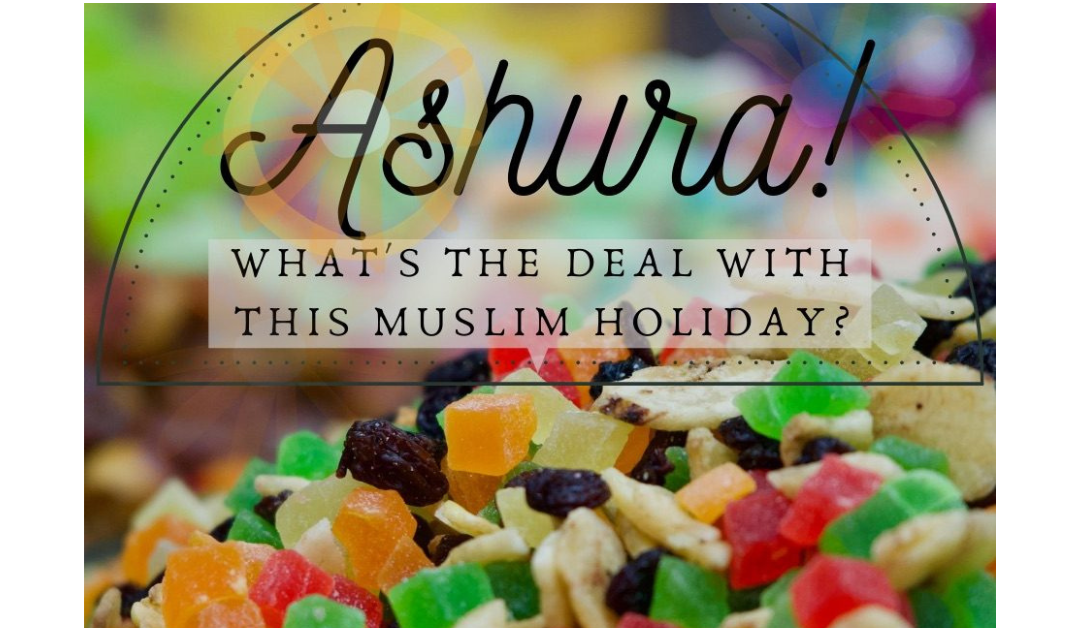
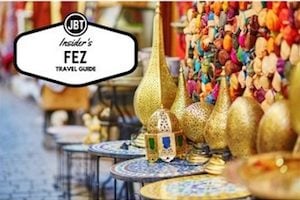
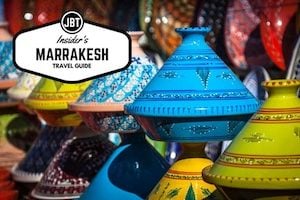
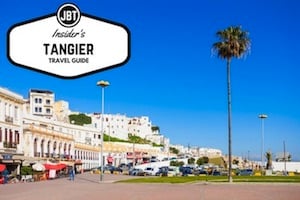
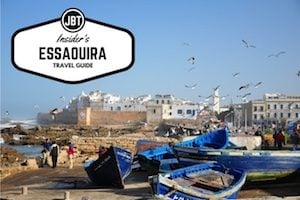
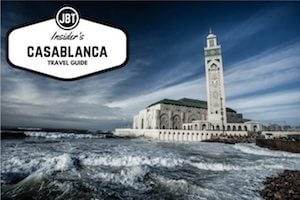

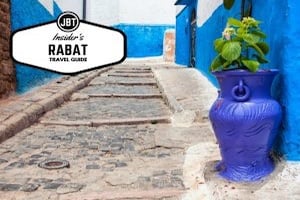
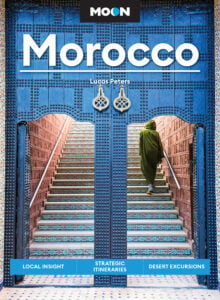
I love this celebtation a lote Because the children are so happy this day and i want te celebraite Achoura one day in my life
Hy i’m moroccan and i really like ur website .. it really shows the real morocco .the beauifull one not the one that tvs show !! Thank u for letting people all around d world now this ahh and this lil review bout achoura is just soo good it helped me a lot for my own writting . Thanks again
It is surprising not to see more attention brought to Ashura commemoration by about 20 million people in Karbala every year.